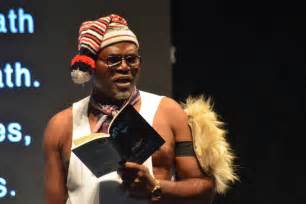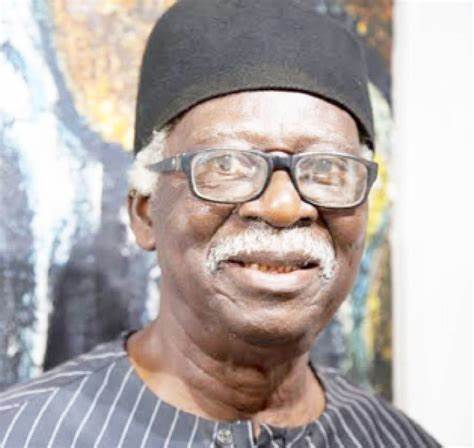
African Music Maestro, Salif Keita
Salif Keita giving up music to fight albinism stigma, says wife
Malian musician, Salif Keita, known as the “golden voice of Africa” is retiring from the music industry into his Salif Keita Global Foundation set up to support people with albinism in their home country of Mali and other African nations, his wife, Coumba Makalou, has said.
She said her husband is giving up making albums so he can spend more time fighting the stigma that some fellow albinos in Africa face.
Keita, 69-year-old had made the decision after completing his last album Un Autre Blanc (Another White), which was released earlier this month. Mrs Keita runs the Salif Keita Global Foundation,
People with albinism – a genetic condition leading to a lack pigment in their skin – are hunted down in several African countries, including Malawi, Mozambique and Tanzania because of the belief that potions made from their body parts can bring good luck and wealth.
Mrs Keita told the BBC: “He is incredibly important to the foundation because of who he is in the world, in terms of his music and his accomplishments.”
The foundation is based in the US, but provides grants for health services and legal assistance for those at risk of persecution – and distributes hundreds of tubes of sunscreen, sunglasses and hats each year.
Mrs Keita said: “Because of this and his fame it definitely helps to bring a focus and media attention to people with albinism in Mali and other places in the world, so his presence is very important, his name is very important.”
When he is in the process of making an album, it eats up a huge about of his time, she says.
“He writes and composes all his own music.”
Born into an aristocratic Malian family, Keita – known as “the golden voice of Africa” – has dedicated much of his music to promoting the rights of people with albinism.
Mrs Keita said: “The title of the album Another White was definitely linked to his albinism because he’s white but he’s not a white man, a white race – so he’s another type of white.”
The concert where he launched the album in the town of Fana, 126km (78 miles) east of Mali’s capital, Bamako, where a five-year-old girl with albinism, Ramata Diarra, was ritually killed and beheaded in May.
He dedicated the concert to Ramata – and the shocking murder prompted him to take his activism more seriously.
Keita has been a fighter since he was young – disowned by his father for choosing music as his career he has become one Africa’s most influential musicians with his unique style of blending a range of local African music with popular genres such as jazz, rhythm and blues.
His wife says his retirement from album making won’t mean he’ll stop performing altogether, but it will give him more time to concentrate on another of his surprising interests – farming.
Quote Message: “We have a lot of land in Mali and his father was a farmer so he’d like to do some work on that too.”
“We have a lot of land in Mali and his father was a farmer so he’d like to do some work on that too.”




Recent Comments